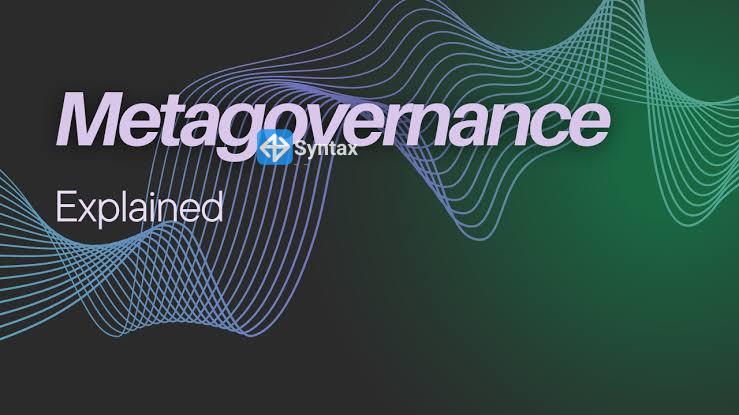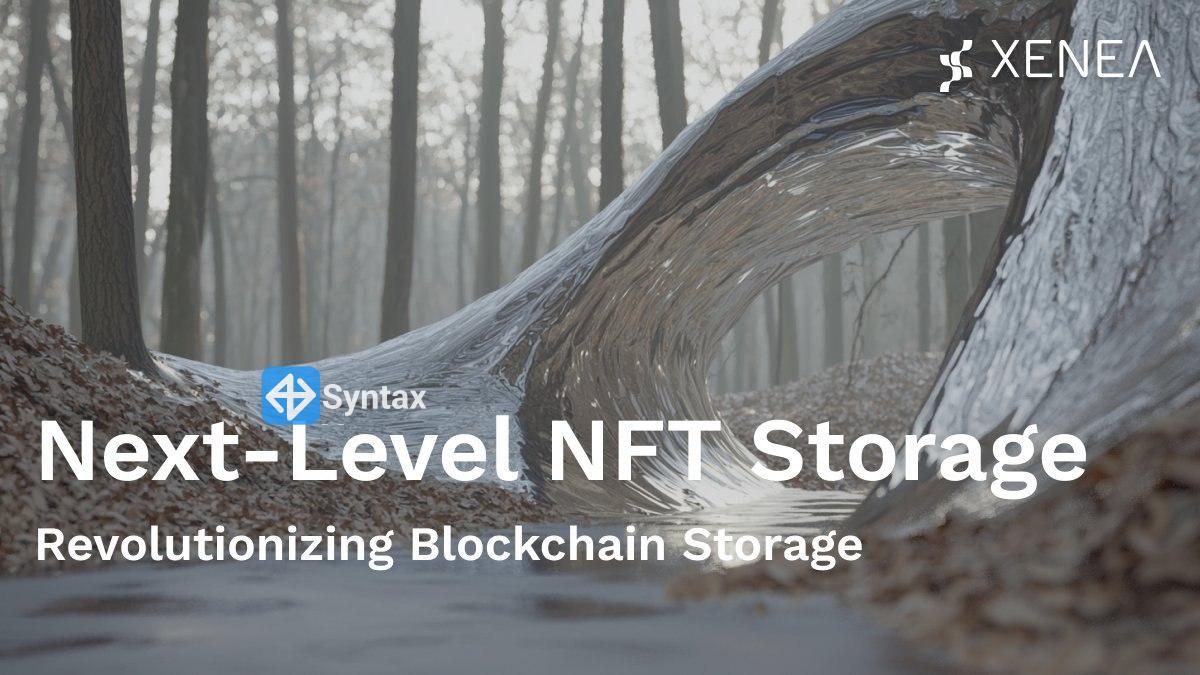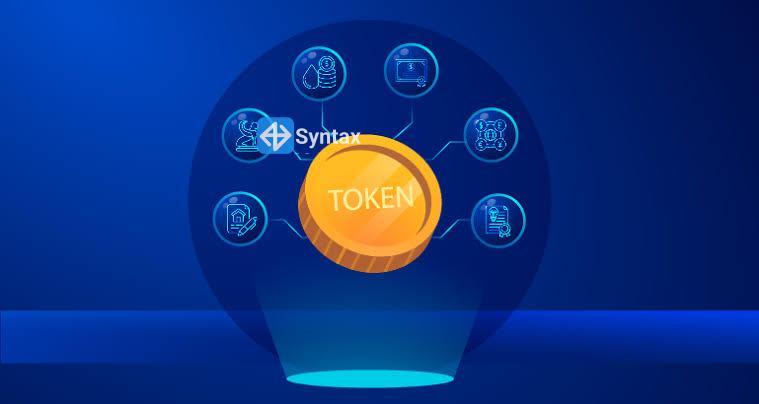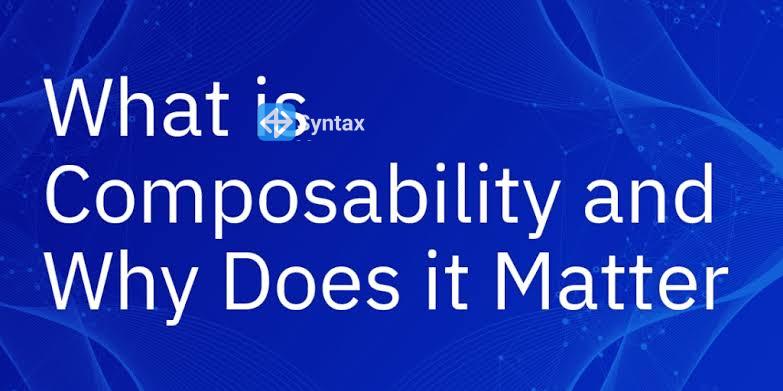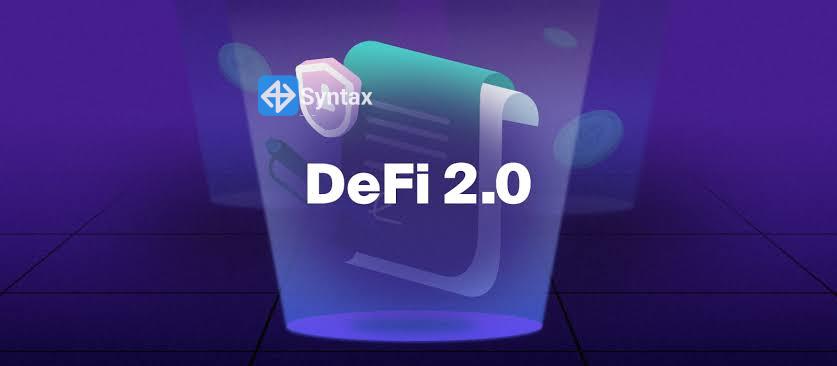Nodes validate transactions, store transaction data, and communicate with each other to keep the ledger synchronized and secure. By distributing these responsibilities across many participants, nodes ensure the network's integrity without a central authority.
What they are: Any computer, server, or specialized appliance that participates in the network.
Key functions:
- Store data: Keep a record of all transactions that have ever occurred on the blockchain.
- Validate transactions: Verify that new batches of transactions (blocks) are valid before they are added to the chain.
- Secure the network: Ensure the network's integrity by processing and validating transactions, making it difficult for malicious actors to tamper with the ledger.
How they work:
- Nodes communicate with each other to ensure that every participant has an up-to-date and identical copy of the public ledger.
- They cross-reference new information to ensure it is valid before it is added to the blockchain.
Types of nodes:
Full nodes: Store the entire history of the blockchain and are responsible for verifying all transactions.
Light nodes: Store only block headers and rely on full nodes for complete information, allowing for a lighter-weight connection.
Mining nodes/Validators: Are specifically responsible for the consensus process, creating new blocks (e.g., mining in Proof-of-Work).




